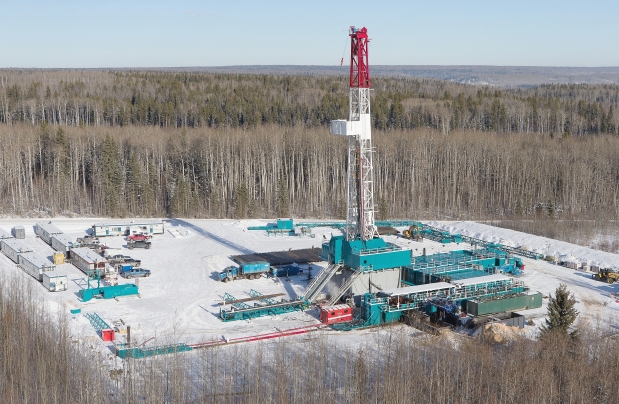
CALGARY – A study from the Canadian Energy Research Institute suggests the oil and gas industry could save billions of dollars if governments implement optimized methane emission reduction regulations instead of requiring the same level of cuts at every emitting source.
The federal government has proposed regulations for methane emission reductions from the upstream oil and gas sector that would start early next year with the target of cutting by 45 per cent below 2012 levels by 2025 — Alberta has the same percentage target but compared with 2014 emissions.
CEO Allan Fogwill says CERI’s study examined three scenarios, one in which all possible means were employed to reduce all emission sources, one which required every methane emitter to cut by the 45 per cent amount, and one where emission cuts were implemented on a best-bang-for-the-buck basis.
The first exceeds the target, resulting in an emissions reduction of 35 million equivalent tonnes of carbon dioxide per year but at a cost of $3 billion to $5.5 billion to implement.
The second achieves the 45 per cent or 20-million-tonne-per-year goal and costs $1.5 billion to $2.5 billion, while the third cuts more than 22 million tonnes of emissions and costs just $500 million to $1.5 billion.
CERI is partly funded by the Canadian Association of Petroleum Producers — along with the federal and Alberta governments and others. Its findings support a recommendation by CAPP that industry be allowed the discretion to make methane reductions on a cost-effective basis.
Fogwill says a problem with methane emission targets is that data is incomplete and therefore implementation should be delayed.
Environmental groups have said data, often provided by industry, is flawed but want the regulations to be implemented sooner.
Methane, the main component of natural gas, is considered a potent contributor to climate change.